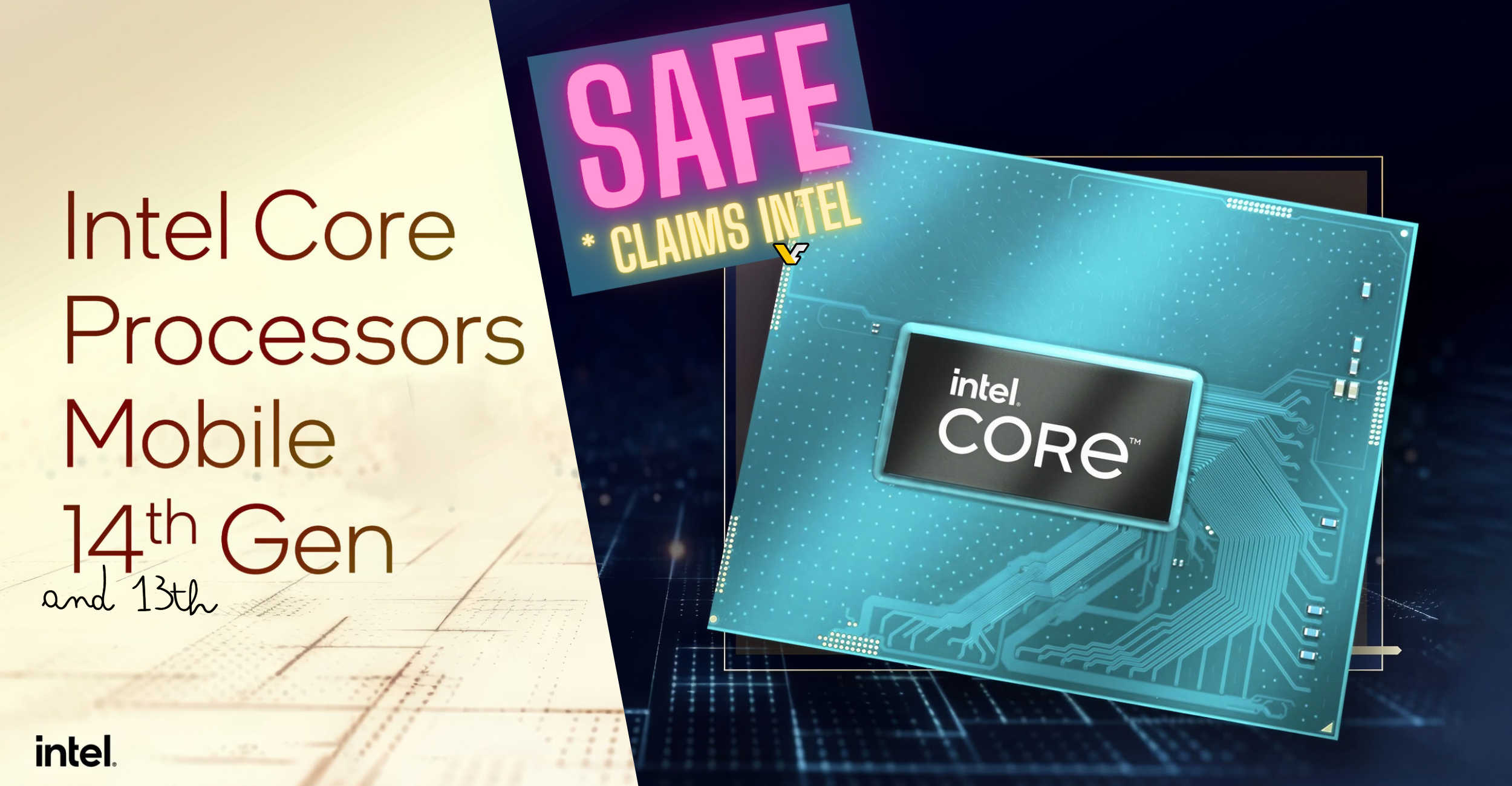I wonder what OCUK store has to say about this!. My rig was bought from them with 3yr warranty, 14 months have passed with no issues YET, BUT not particularly happy that something my be wrong with the CPU
Be interesting to know what kind of failure rates they are seeing. Unfortunately I only see the supply side of this through work, not point of retail or for the most part returns.



